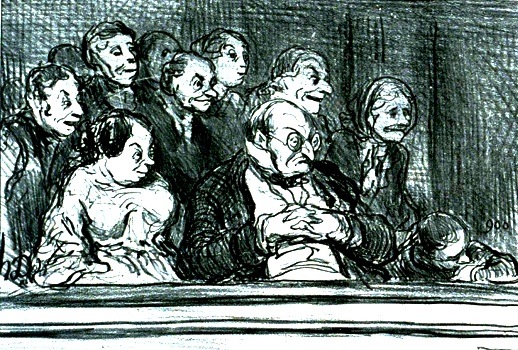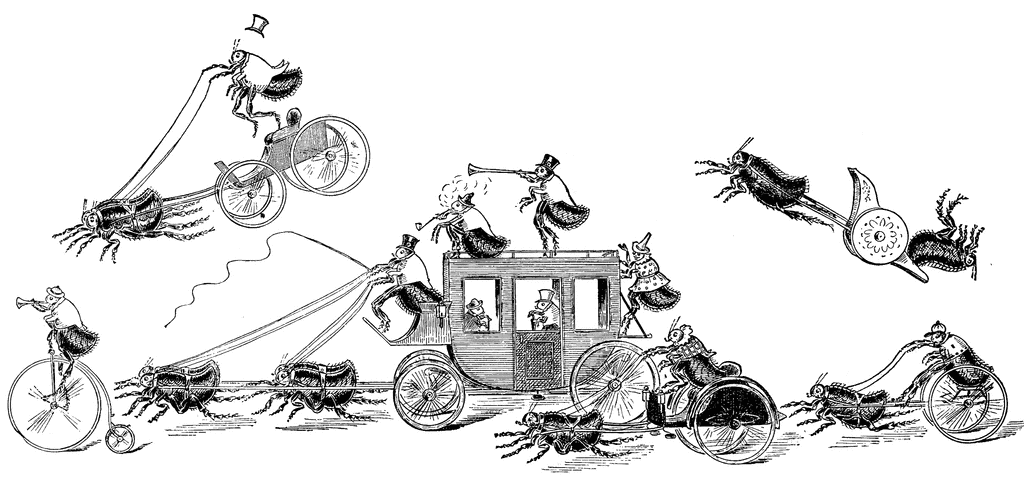 So, today's three cartoons have actually already appeared as a "Doodles" column at NW Book Lovers, so why rerun them here? Well, firstly in case anyone who might appreciate them might have missed them there. Secondly, to encourage anyone who hasn't to check out that site. And...
So, today's three cartoons have actually already appeared as a "Doodles" column at NW Book Lovers, so why rerun them here? Well, firstly in case anyone who might appreciate them might have missed them there. Secondly, to encourage anyone who hasn't to check out that site. And...I hate reading that sort of list, don't you? Usually no good can come of facts arranged that way, to say nothing of what a ridiculously boring rhetorical device it is, ticking off the obvious one point at a time. So sorry.
I'll let it stand though. The truth is I do like these, probably more than they deserve, just because they aren't the sort of thing I've ever really done much of, even when I was a wee one and occasionally dreamed of being some sort of cartoonist someday. Don't know that I ever considered it seriously, or studied at all to do any such thing, but the thought occurred. Having now met a few cartoonists, of various stripes, I can say with confidence I was never meant to be. That said, I'm glad of the chance, now and again, to give it a bit of a go, and -- a shocking reality -- even get paid for doing it!
I like these. I do. I like the look of 'em; the fact that I'm drawing things I wouldn't otherwise like a vehicle, and a building, and yeah, a wizard. Okay, I used to draw a lot o' wizards, it's true. But architecture? Technology? Not a strength for me, not at all. And I like these cartoons because the joke is gentler than what I set out to make, and better for that I think. Terry Brooks, by all reports, and I do mean all, is indeed a lovely man. I remember my time as a boy in Shannara with real fondness and genuine gratitude. So, why be mean? Turns out, I wasn't awfully. I don't think so, anyway. Not to say the joke wasn't worth making or the stick worth sharpening, as it were. We just got an advance of Mr. Brooks' latest contribution to the death of the Amazon rain forest, The Dark Legacy of Shannara: Wards of the Faerie, (release date 08/21/12) and just can not help but read that title every time I see it as The Darks Laundry of Shannara: Montgomery Wards of the Faerie. See? How hard was that? How tempting, or is it just me?
Finally (yes, I'm back to that lazy business,) I wanted to just mention that it's also been an interesting discipline for me, writing for a site not my own again. Why? I made a decision before I sent off my first column that I would try very hard, whatever jokes I might make, and despite even my more usual tone, that the point of everything I sent off should, fundamentally, say something encouraging about books, readers, booksellers and the place where we live. No one, no editor or contributor or acquaintance, told me to do this, to put that sort of bumpers up on the lane. I decided. I have a place, right here, if I feel the need to rant or moan or howl. If I don't like a book, I can review it elsewhere and post that review here as well. If I object to a headline or want to speculate about the fate of the planet, the business, or my own round self, I can do that all, at whatever length I like, right - bang - here. One of the reasons I took up this hobby three years ago (!) was to do just that without fear of censure or external sarcasm. Who's listening? Who reads this? Anyone doesn't like what I say here or what they see here, needn't look. The purpose of that new venue is, after all, to promote, much as anything, and I am all for promotion in that context, so there we are.
That clearly does not mean that I intend to submit nothing but rainbow farting unicorns and to draw nothing but happy, fuzzy bunnies (bunnies!) because, well, that would hardly be me, now would it? or much to the point, for that matter. Besides, having now had the chance to read a few of the contributions of the other regulars, seems safe to say that none of us is entirely without snark, even as all of us would seem to be making a similar effort to make the reboot a pretty happy place, at least for the likes of us, our regular readers, customers and other like-minded, literate bibliohounds.
It may still seem a little odd, me patting myself on my hunch for not being just awful, but the effort is good for me, I should think, and if I feel the need to be genuinely unpleasant, well... stay tuned.

















































